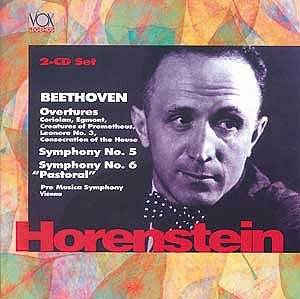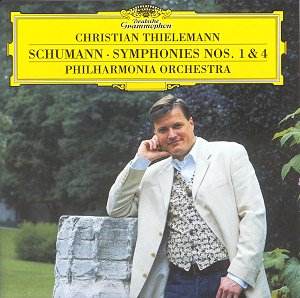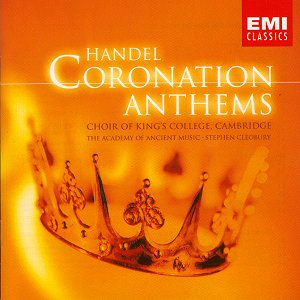 Composer: Jean Sibelius
Composer: Jean Sibelius
Works: Complete Symphonies and Selected Miscellaneous Works
Performers: Helsinki Philharmonic Orchestra, Bournemouth Symphony Orchestra, Paavo Berglund, Jorma Hynninen (baritone), Raili Kostia (soprano), Usko Vitanen (baritone), Taru Valjakka (soprano), Ida Haendel (violin)
Recording: Various dates between December 1970 and May 1986
Label: EMI
The complete symphonic works of Jean Sibelius, a towering figure in the landscape of early 20th-century music, offer a compelling exploration of nature, nationalism, and the human spirit. This EMI collection, conducted by Paavo Berglund with the Helsinki Philharmonic Orchestra and the Bournemouth Symphony Orchestra, assembles not only the symphonies but also a selection of Sibelius’s lesser-known works, illuminating the composer’s evolving voice from his early choral symphony “Kullervo” to the hauntingly introspective “Symphony No. 7.”
Berglund’s interpretations of the Sibelius symphonies reflect a steadfast commitment to the structural integrity and emotional depth of the music. His approach is grounded in a logical, disciplined style that allows the symphonies to unfold organically. The First Symphony, for instance, is imbued with a sense of dramatic urgency, the opening Allegro moderato characterized by its brooding intensity. Berglund achieves a remarkable balance between power and restraint, particularly in the climactic moments, where the orchestra’s lush textures are expertly articulated without overwhelming the listener.
In Symphony No. 2, the conductor’s pacing is particularly noteworthy. The rhythmic pulsation he cultivates in the opening movement creates a sense of inevitability that is both captivating and profound. While some may prefer a more vigorous interpretation, Berglund’s measured tempo allows for a richer exploration of Sibelius’s thematic material. The climaxes are deftly managed, revealing the symphony’s complex harmonic language without losing its intrinsic lyrical quality.
Technical execution across the orchestras is exemplary, with the Helsinki Philharmonic’s rich tonal palette complemented by the Bournemouth’s vibrant clarity. The engineering of the recordings, spanning nearly two decades, showcases a consistent sound quality; the digital recordings from Helsinki possess a depth and warmth that enhances the symphonic textures. However, the Bournemouth recordings occasionally exhibit a slightly wider stereo definition that can create an immediacy lacking in some of the Helsinki sessions.
The inclusion of selected miscellaneous works, such as “Finlandia” and “Tapiola,” adds a depth to the collection that is both historically significant and musically enriching. Berglund’s interpretations of these pieces demonstrate his ability to capture the delicate interplay of orchestral colors and the subtleties of Sibelius’s melodic lines. The “Valse triste,” for example, is rendered with an evocative melancholy, highlighting the conductor’s sensitivity to the emotional undercurrents present in Sibelius’s music.
Comparisons to other notable recordings inevitably arise, particularly with conductors known for their romantic interpretations of Sibelius. While Berglund does not indulge in the excesses of more rhapsodic performances, his fidelity to the score and his clear vision of the symphonic arc provide a compelling alternative. The absence of particularly famous pieces such as “Nightride and Sunrise” may leave some listeners desiring a more comprehensive representation, yet the overall consistency of Berglund’s interpretations across the symphonies is a significant achievement.
The cumulative effect of this collection is profound. Berglund’s interpretations reveal not just the symphonic brilliance of Sibelius, but also the composer’s deep connection to the natural world and the human experience. Each symphony emerges with a clarity and purpose that speaks to both the heart and the intellect. For those seeking a definitive entry point into Sibelius’s symphonic world, this recording stands as a benchmark—a testament to the enduring relevance of Sibelius in the contemporary musical canon and a showcase of Berglund’s artistry as a conductor deeply engaged with the music of his homeland.



